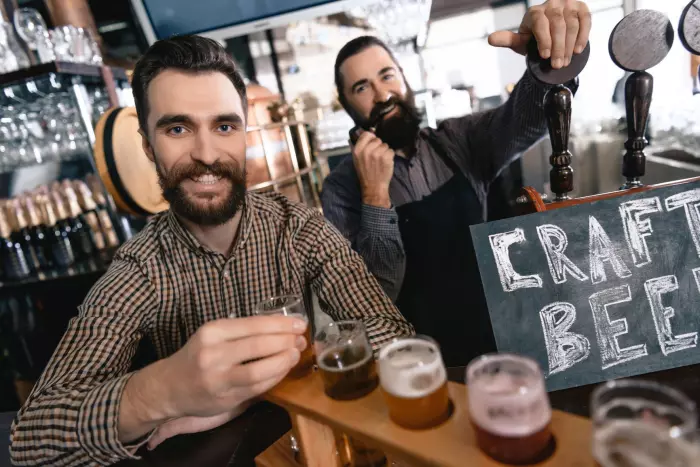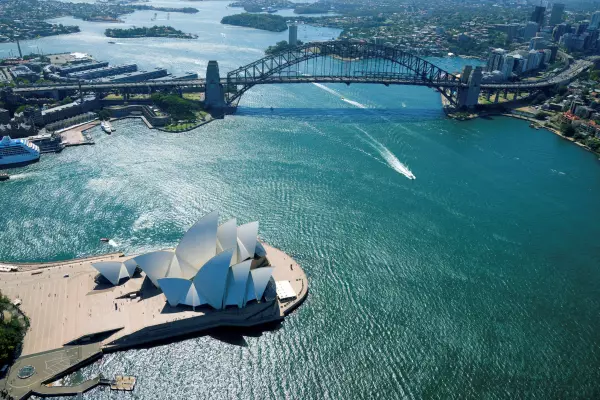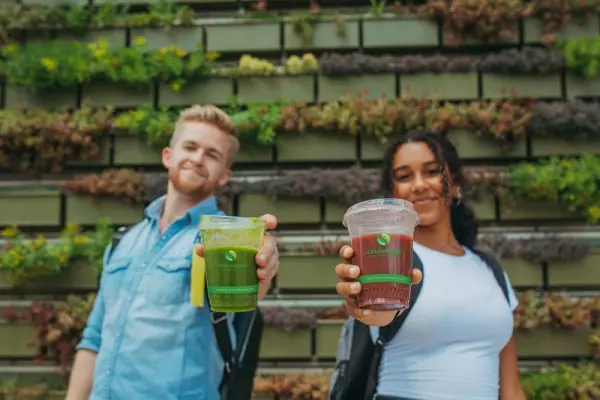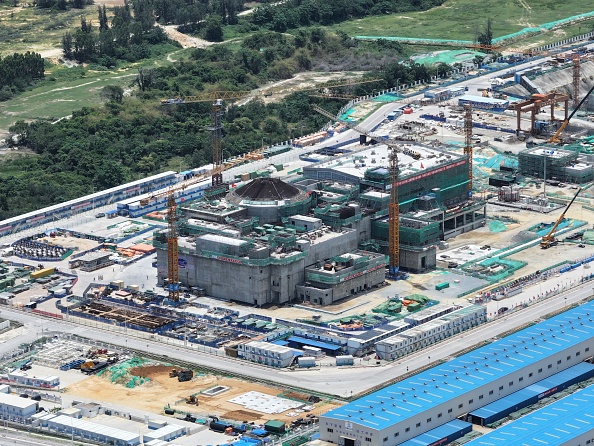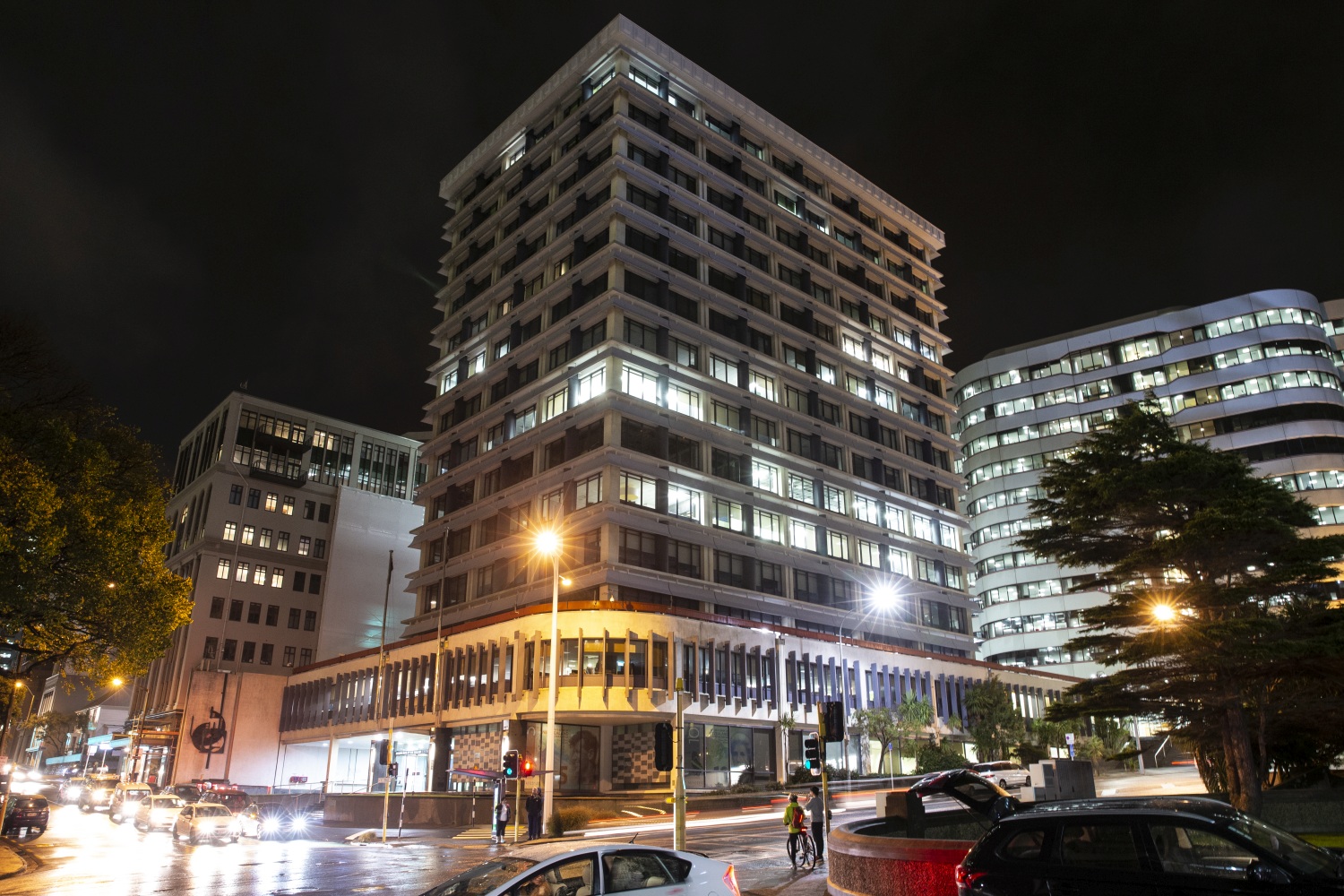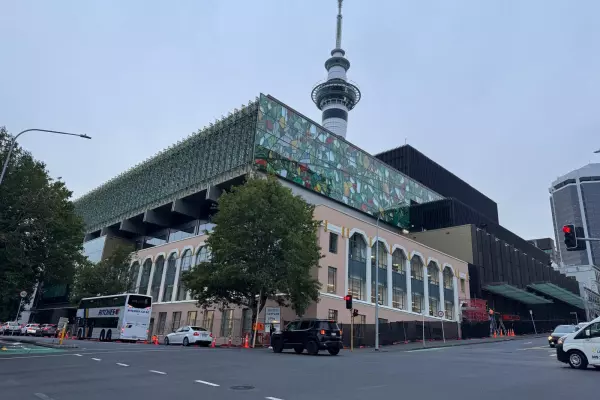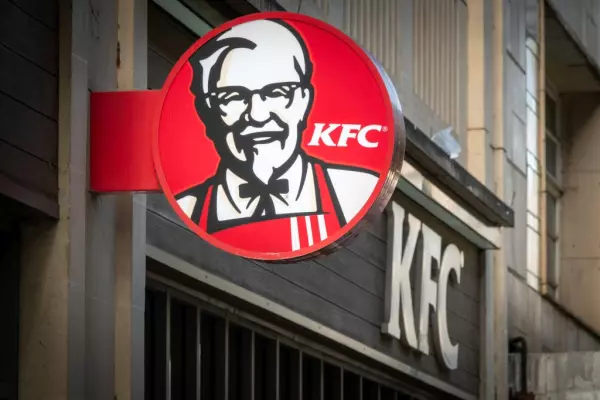Changing beer palates away from traditional Kiwi session beers are among the factors that prompted Lion NZ to slash the value of its suite of long-standing brands and acquired goodwill.
The country’s biggest brewer booked a $252.6 million impairment charge in calendar 2020, most of which was from writing down the remaining value of intangible assets including brands, goodwill and software. However, its property and plant weren’t immune, accounting for $25.8m of those charges.
Lion wrote off the remaining $133.3m of value attached to brands such as Speight’s, Steinlager, Lion Red and Lion Brown, which had been worth as much as $489m when the brewer’s Japanese owner – Kirin – amalgamated several Lion entities in 2015.
Some $90.4m of goodwill arising from Lion’s raft of acquisitions, such as Emerson’s and Panhead, was also written down to zero, as was $2.9m of value ascribed to the brewer’s software.
“This adjustment was the result of a number of factors including, industry competition, the ongoing trend of people drinking less, the higher cost to do business and a price-sensitive market,” Lion said in a statement.
Lion was an early mover among the big breweries in picking off boutique craft beer operators with its $8m acquisition of Emerson’s Brewing Co in 2012. It followed that up in 2017 paying $15m upfront and offering $10m earnouts for Panhead, and in 2018 it paid $6.5m for Harrington’s Breweries.
Hipsters rejoice
Beermakers have had to contend with changing tastes among Kiwi consumers. Government figures show the volume of beer available for consumption fell 1.7% to 293 million litres in calendar 2020, having peaked at 322m litres in 2008.
In saying that, high alcohol beer – more than 5% strength – which is typically associated with craft beer, has grown at a double-digit pace in each of the past six years with 45m litres available to be drunk last year.
That changing appetite isn’t limited to NZ. Parent Kirin said it expects sales volumes in Australia to remain flat or decline modestly due to the growing trend of health consciousness and for waste initiatives to lift prices. Still, it foresees more growth in premium and craft beer, but anticipates Asahi’s acquisition of Carlton and United Breweries across the Tasman will shift the competitive landscape.
Lion remains head and shoulders above the local competition. Its revenue of $633m was down from $651.2m in 2019, but still well north of the $486m reported by rival Heineken-owned DB Breweries and the former Independent Liquor, Asahi Beverages NZ’s $462.5m.
The Auckland-based brewer reported a loss of $225.1m in calendar 2020, compared to a profit of $13.7m, largely due to the writedowns, something country director Craig Baldie called a one-off that didn’t reflect how it would perform in the future.
“We reported a small loss which, while disappointing, in this case is largely the result of going above and beyond for our customers to ease the financial impact of the shutdowns and uncertain trading patterns of the last year,” Baldie said.
“We worked closely with our customers to take back stock, defer payments and generally help minimise the impact. This was and remains the right thing to do.”
Baldie said the business was meeting expectations so far this year, with Speight’s the country’s top selling beer. Its recently acquired Havana coffee business performed well enough to achieve its $3m earning, taking the final sale price for the Wellington staple to $25.6m.
“Havana coffee is going from strength to strength, and the popularity of Speight’s summit ultra, demonstrate how we’re adapting and innovating to continue to be the first choice with consumers,” Baldie said.
An earlier version of this story dropped the million from brand impairment charge and the 2019 profit.


